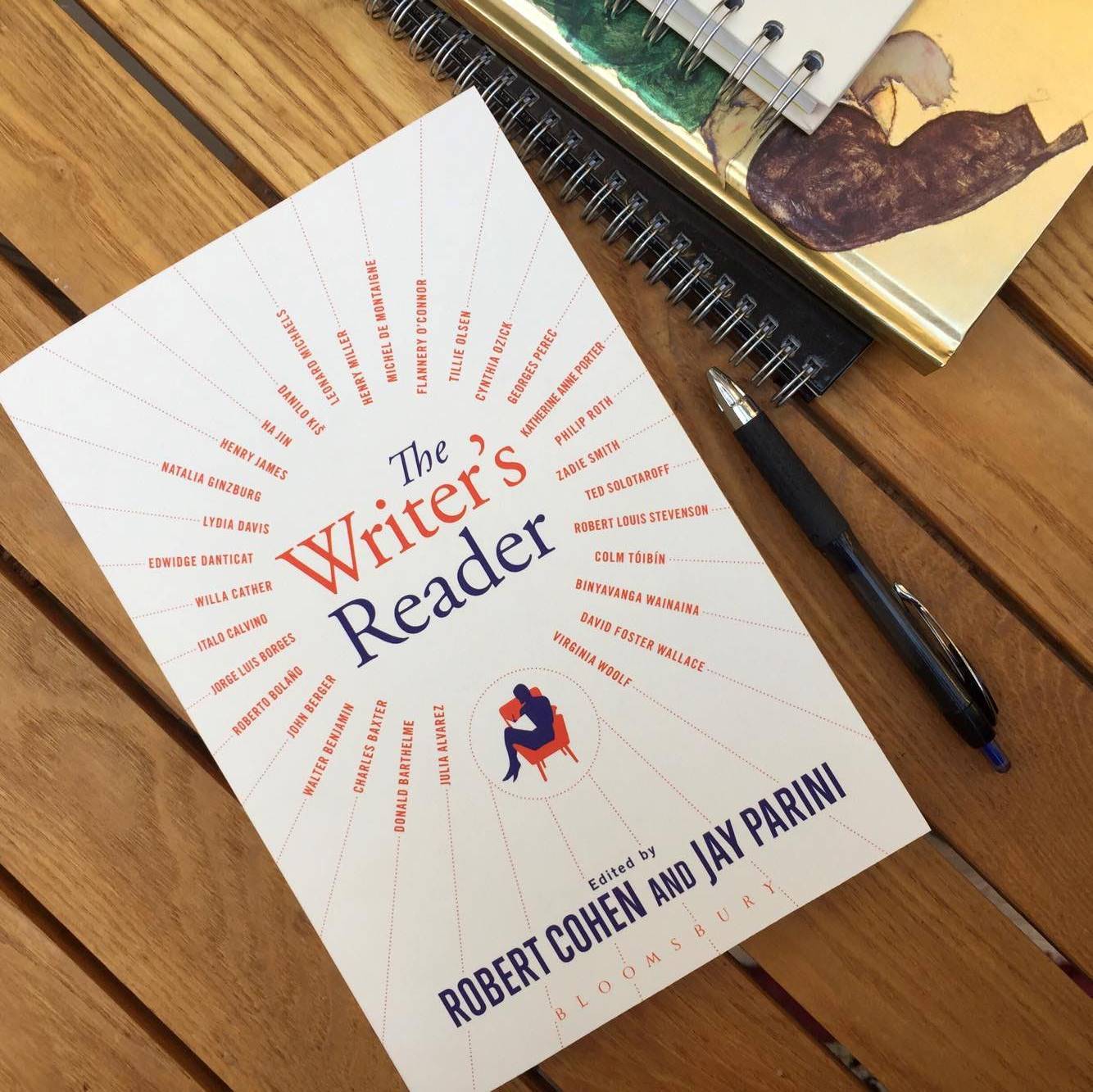In extract from his essay Letter to a Young Gentleman who Proposes to Embrace the Career of Art featured in The Writer's Reader, Robert Louis Stevenson delves into the complexities and rewards of following a career in the arts...

With the agreeable frankness of youth, you address me on a point of some practical importance to yourself and of some gravity to the world: Should you or should you not become an artist?
To know what you like is the beginning of wisdom and of old age. Youth is wholly experimental. The essence and charm of that unquiet and delightful epoch is ignorance of self as well as ignorance of life. These two unknowns the young man brings together again and again, now in the airiest touch, now with a bitter hug; now with exquisite pleasure, now with cutting pain; but never with indifference, to which he is a total stranger, and never with that near kinsman of indifference, contentment.
Thus it is that such an one shies from all cut and dry professions and inclines insensibly toward that career of art which consists only in the tasting and recording of experience.
The book, the statue, the sonata, must be gone upon with the unreasoning good faith and the unflagging spirit of children as their play. IS IT WORTH DOING? - when it shall have occurred to any artist to ask himself that question, it is implicitly answered in the negative. It does not occur to the child as he plays at being a pirate on the dining-room sofa, nor to the hunter he pursues his quarry; and the candour of the one and the ardour of the other should be united in the bosom of the artist.
If you recognise in yourself some such decisive taste, there is no room for hesitation: follow your bent. And observe that the disposition does not usually burn so brightly at the first, or rather not so constantly. Habit and practice sharpen gifts; the necessity of toil grows less disgusting, grows even welcome, in the course of years; a small taste waxes with indulgence into an exclusive passion. Enough just now, if you can look back over a fair interval, and see that your chosen art has a little more than held its own among the thronging interests of youth. Time will do the rest, if devotion helps it; and soon your every thought will be engrossed in that beloved occupation.
In the life of the artist there need be no hour without its pleasure. I take the author, with whose career I am best acquainted; and it is true he works in a rebellious material, and that the act of writing is cramped and trying both to the eyes and the temper; but remark him in his study, when matter crowds upon him and words are not wanting - in what a continual series of small successes time flows by; with what a sense of power as of one moving mountains, he marshals his petty characters; with what pleasures, both of the ear and eye, he sees his airy structure growing on the page; and how he labours in a craft to which the whole material of his life is tributary; and which opens a door to all his tastes, his loves, his hatreds, and his convictions, so that what he writes is only what he longed to utter. He may have enjoyed many things in this big, tragic playground of the world; but what shall he have enjoyed more fully than a morning of successful work?
Robert Louis Stevenson is best known as the author of the children's classic Treasure Island, and the adult horror story, The Strange Case of Dr. Jekyll and Mr. Hyde.
Take a look at the other writers featured in the Writers' Reader at Bloomsbury.com.
Comments